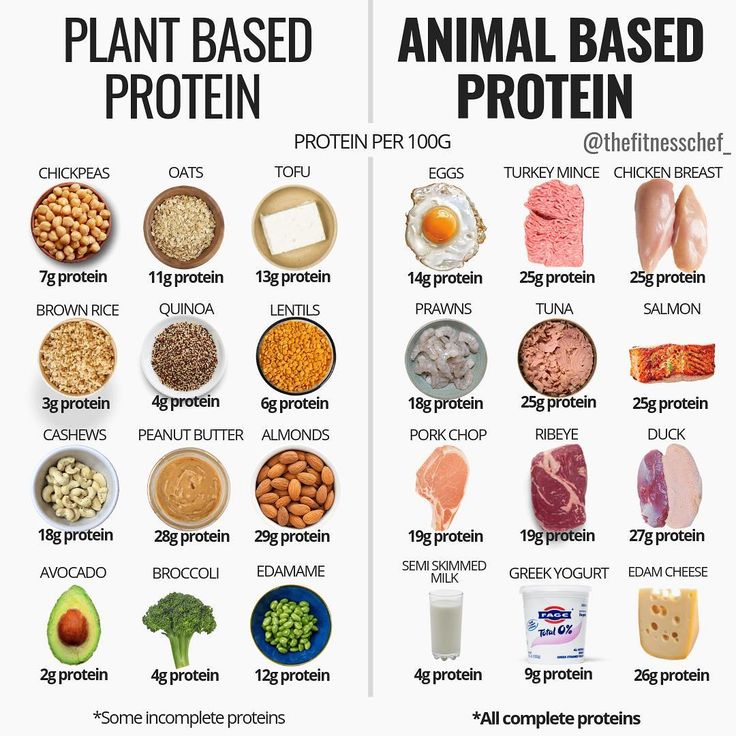But here’s the thing that surprises most people: how to calculate protein needs isn’t a guessing game or something only gym goers should concern themselves with. It’s something everyone should know about; whether your goal is to stay energized, tone up, or just stop feeling depleted by 3 PM. Believe it or not, figuring out how much protein is just right for your body can be the difference between “kinda healthy” and “totally thriving.” And no, you don’t need to turn into a macro-obsessed freak or get five different tracking apps. It’s actually kind of ridiculously simple; once you know what to do. So, let’s take the whole protein thing apart together and lay the mystery to rest.
Why Your Body Is Basically Obsessed With Protein
Your body isn’t screaming “Give me protein!” in the morning. But behind the scenes? Protein is doing overtime. It’s repairing your muscles after a workout, giving your skin a smooth-out, maintaining your hormones, and even playing a role in how your brain functions. Here’s the bad news; your body doesn’t store protein like it stores fat or carbs. What that means is, if you’re not getting enough through food, your body starts breaking down and using it from your muscles. So, getting the right amount every day is a necessity.

How to Determine Protein Requirements
We’ll break it down so it won’t give you a headache.
To determine how much protein you need, start with your weight in kilos. If you’re in pounds, just divide by 2.2 to get kilos. Now, the good stuff—your level of activity.
- If you’re pretty easygoing most days, consider 0.8 to 1.0 grams per kilo.
- If you’re casually active (the occasional couple of workouts a week), aim for 1.2 to 1.5 grams.
- if you’re keeping yourself in the gym most of the time, like it was your second job, then you might need 1.6 to 2.2 grams per kilo.
You’re 70 kilos and work out a combination of strength and cardio four times a week. You’d strive to have roughly 1.4 grams per kilo, which is around 98 grams of protein each day. YES, that’s it. No fancy math, no weird formulas; just you and your life.
Adjusting for Goals: Fat Loss, Muscle Gains & Everything in Between
Want to lose weight? Bump that protein up a bit. It keeps you full, preserves muscle, and just boosts your metabolism enough to make a difference. Want to develop muscle? Eat more protein—almost 2 grams for every kilogram you weigh. That provides your body with the stuff it needs to rebuild and become stronger after one of those strenuous workouts. Recovering from illness or injury? More protein again. Your body’s working overtime, and it needs extra help. So yes, how to calculate protein needs relies not only on how much you weigh—but on what you’re working towards.
What Protein Looks Like on Your Plate?
Now let’s discuss food. Because numbers are worthless unless you know how they compare to actual meals.
A couple of eggs in the morning? That’s about 12 grams. A piece of grilled chicken breast for lunch? Around 30 grams. Some Greek yogurt in the afternoon? You’re adding another 15 to 20 grams. Toss in some lentils at dinner and maybe a scoop of protein in your smoothie, and you’re hitting that sweet spot without overthinking it.
Plant-based? You’re still covered. Think tofu, tempeh, lentils, chickpeas, quinoa, edamame—the list is actually way more exciting than people give it credit for. Just be mindful of portion sizes, since plant sources can be a little lighter on protein gram-for-gram. Ready to spice up your meals? Discover these irresistible Protein-filled Recipes!
Sneaky Signs You Might Be Falling Short
If you’re constantly sore after workouts, craving sugar like crazy, or feel like your energy just crashes midday; your protein game might need a glow-up. Other signs? Hair thinning, skin dullness, or feeling foggy-headed more often than not. Getting enough protein doesn’t just help your muscles. It helps your mood, your focus, and your ability to just feel like yourself again.
Now that you know how to calculate protein needs, you’ve got one of the greatest health hacks in your back pocket. It’s not just for muscles; it’s for energy, recovery, strength, and being your best. Once you’re attuned to your own protein number, everything else—workouts and workdays, too—just gets easier.




